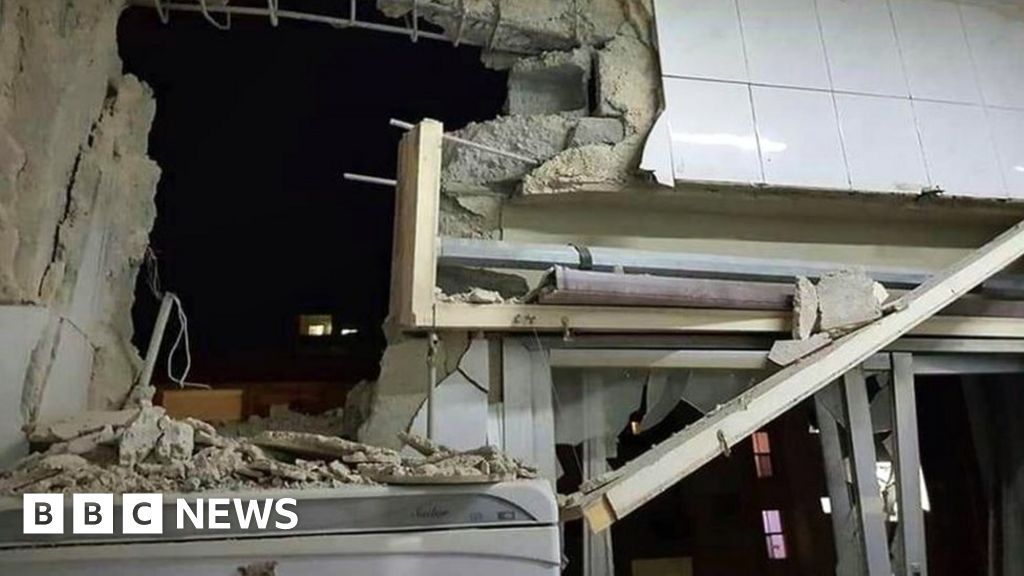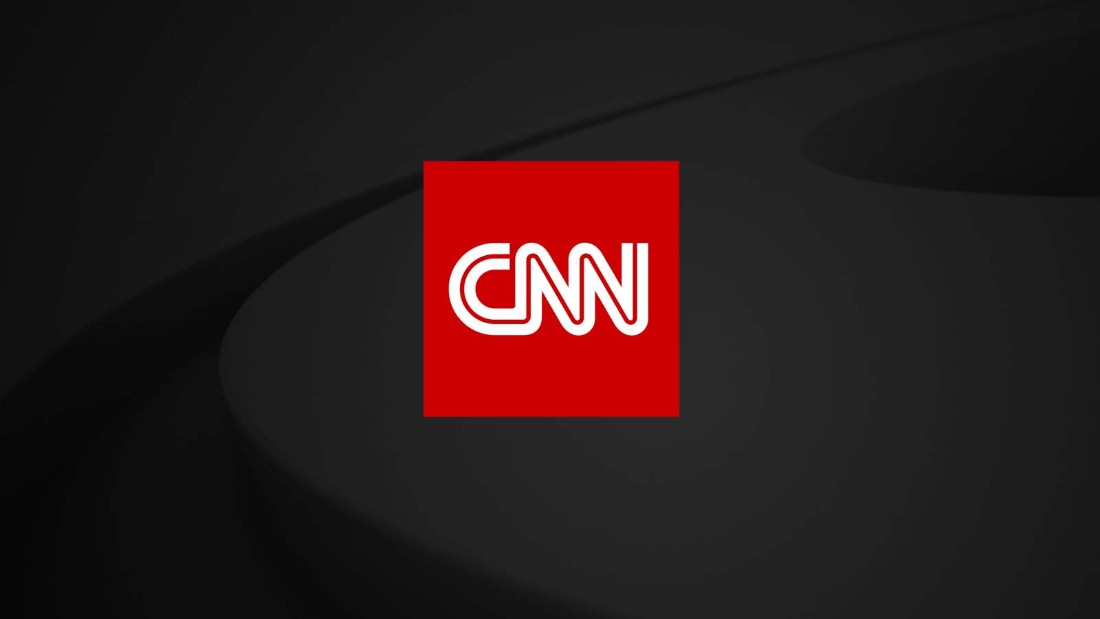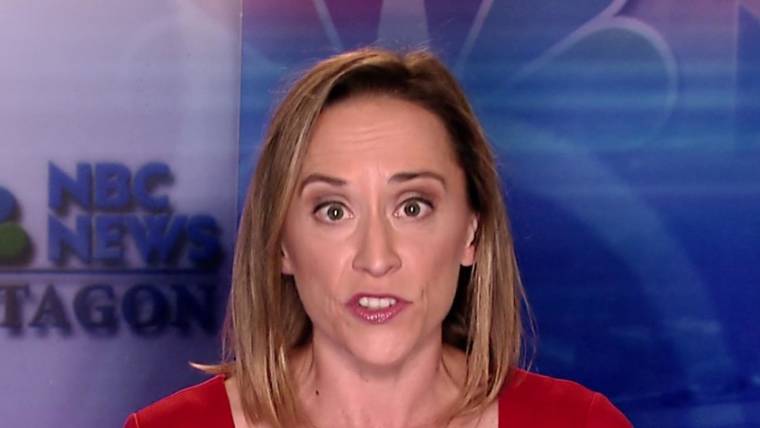Vincent Yu
AP
FILE - In this Aug. 21, 2019, file photo, a supporter holds a poster outside of the British Consulate in Hong Kong during a rally in support of an employee of the consulate who was detained while returning from a trip to China. A former employee of the British Consulate in Hong Kong says he was detained and tortured by Chinese secret police trying to extract information about massive anti-government protests in the territory. (AP Photo/Vincent Yu, File)
HONG KONG — A former employee of the British consulate in Hong Kong said on Wednesday he was repeatedly tortured by Chinese secret police over a two-week period, and accused of inciting pro-democracy protests in the territory on behalf of the British government.
Simon Cheng, in an account of his treatment published on Facebook, described being handcuffed and shackled, blindfolded and hooded, deprived of sleep, made to sit absolutely still or hung in a uncomfortable spread-eagled position for hours on end, and constantly threatened during incessant interrogations.
British Foreign Minister Dominic Raab said his government was shocked and appalled by the “brutal and disgraceful treatment” to which Cheng was subjected after being detained during a business trip to Shenzhen in mainland China in August, and said it had summoned the Chinese ambassador in London to protest.
But China said its ambassador would never accept Britain’s “false allegations.”
Cheng’s detention reflects the growing bitterness between China and the West over the pro-democracy protests in Hong Kong, but his alleged treatment also reflect Beijing’s increasing willingness to flout diplomatic norms as it becomes more assertive in projecting its power around the world.
Meanwhile in Hong Kong, police and protesters braced for a final showdown at a university campus in Hong Kong Wednesday as a small group of anti-government demonstrators continued to hold out against a police encirclement.
Cheng’s account was released just a day after the Senate unanimously passed legislation aimed at protecting human rights in Hong Kong and threatening sanctions against officials who have violated human rights there.
Cheng said he was arrested at the border between Hong Kong and mainland China. He soon found himself shackled to a steel “tiger chair” unable to move his arms or legs, and threatened with indefinite criminal detention for inciting the protests, while being denied access to a lawyer or to contact relatives.
He was later transferred to the secret police, when he says he was handcuffed, shackled, blindfolded and hooded.
“I was hung (handcuffed and shackled) on a steep X-Cross doing a spread-eagled pose for hours after hours,” he said. “I was forced to keep my hands up, so blood cannot be pumped up my arms. It felt extremely painful.”
They forced him to do “stress test” exercises for hours on end, beaten with what felt like a sharpened baton if he failed to do so, including on his “vulnerable and shivering body parts,” such as his knee.
His treatment left him seriously bruised on his ankles, thighs, wrists and knees, he said.
“Sometimes, they instructed me to stand still (handcuffed, shackled, blindfolded, and hooded) for hours after hours,” Cheng wrote. “I was not allowed to move and fall asleep, and if I did, then I would be punished by being forced to sing the Chinese national anthem, which they said can ‘wake me up’. This was the nonphysical torture – sleep deprivation - they used against me.”
Cheng said he had been asked by the British consulate to collect information about the protests in Hong Kong, to evaluate travel alerts and ascertain whether British citizens were involved. That work involved joining messaging and discussion groups and establishing contacts with protesters.
However, that appeared to have drawn the attention of China’s surveillance state. He said he was accused of being a British spy and an enemy of the Chinese state, and told to confess that the British government is instigating the protests in Hong Kong by donating money, materials and equipment.
Cheng said he had visited a massage parlor in Shenzhen “for relaxation” after finishing work there. China accused him of soliciting prostitution. He says he was ultimately forced to record a video confession admitting to this offense, as well as a separate confession for “betraying the motherland.”
Britain’s Raab described Cheng as a “valued member” of the consulate’s team. “We were shocked and appalled by the mistreatment he suffered while in Chinese detention, which amounts to torture,” he said in a statement.
Chinese Foreign Ministry spokesman Geng Shuang referred questions on the subject to the Shenzhen police but said Cheng’s rights had been guaranteed during his detention “and he himself admitted fully to his offenses.”
Since being released from detention, Cheng has negotiated his exit from the British Foreign Service and is applying for asylum in an undisclosed location.
Cheng’s case has echoes of the treatment received by former Canadian diplomat Michael Kovrig, who is among two Canadian citizens detained in China for almost a year and denied access a lawyer or family visits.
[Small group of protesters holds out at Hong Kong university after mass arrests]
Back at Hong Kong’s PolyU, some increasingly desperate protesters even staged a dawn attempt to escape through the sewers, but were beaten back by the fumes. Others tried to flee by climbing a wall near a bridge but were spotted by the police and retreated to the campus.
Billy H.C. Kwok
AFP/Getty Images
Police detained protesters and students who tried to flee the Hong Kong Polytechnic University campus late Tuesday.
In the streets nearby, hundreds of pro-democracy protesters blocked roads and paralyzed public transportation during the morning commute and at lunchtime, in an attempt to show the movement still had momentum despite this week’s mass arrests.
But city authorities reopened primary and secondary schools after a six-day shutdown, in their own bid to restore a sense of normalcy to the traumatized territory after some of the worst days of violence, arrests and injuries since the protests began.
Police said they had arrested more than 1,100 people the previous day — the single biggest day of arrests since the protests began more than five months ago — as hundreds of demonstrators turned themselves in or were captured after leaving the standoff. Hospital authorities said they had treated 435 casualties from the protests on Tuesday and Wednesday morning alone, and another 145 on Monday.
“We strongly appeal to those who are still inside the campus to surrender as soon as possible,” Hong Kong’s Secretary for Security John Lee told a news conference. “The situation is unable to continue forever.”
Inside the campus, Student Union acting president, Ken Woo Kwok-wang, said most of the remaining protesters wanted to leave, but were reluctant to hand themselves over to police and being charged with rioting, an offense that carries a potential jail sentence of up to 10 years.
“What we need the most are the supplies and the medical help. The stock is going to running out, and it was really cold for the protesters slept outdoors,” he said, adding that some people suffering from hypothermia had already been evacuated by first-aid teams.
“We are afraid of the police breaking into the campus and arresting us,” he said. “The longer we stay, the less chance there is for us to escape. This has placed a huge psychological burden on us, which made us really depressed.”
A diplomatic showdown was also brewing between China and the United States over the Senate bill passed Monday.
The bill would require the secretary of state to certify annually whether Hong Kong is sufficiently autonomous from China to justify its special trading status.
Failure to do so would effectively deal a massive blow to Hong Kong’s status as a global financial and trading hub, and the American Chamber of Commerce warned of possible “unintended, counterproductive” consequences that could undermine the territory’s unique place in the world.
Nicolas Asfouri
Afp Via Getty Images
A gymnasium used by protesters inside the Hong Kong Polytechnic University on Nov. 20, 2019.
China said Wednesday it “strongly condemns and firmly opposes” the bill, which it said blatantly interfered in China’s domestic affairs.
To become law, the bill needs to be combined with a separate bill passed by the House of Representatives, as well as President Trump’s assent. The Senate separately passed a second bill banning the export of items such as tear gas, pepper spray, rubber bullets and stun guns to the Hong Kong police.
The American Chamber of Commerce said it was concerned the bill could have adverse effects on American business “and its ability to continue exercising a strong positive influence in support of Hong Kong’s traditional core values.”
[China’s ominous warning to Hong Kong: Less tolerance, more patriotic education]
It says it was worried that the bill could lose sight of Hong Kong’s “unique circumstances and its extraordinary, continuing achievements as a bastion of free expression, free flow of information, free markets, individual liberty, rule of law and judicial independence.”
That could diminish Hong Kong’s autonomy under “one country, two systems” — the governance formula that grants the territory a measure of distance from mainland China — and damage its role as an international business center. “Hong Kong is just too special to fail,” AmCham said.
Gerry Shih in Beijing contributed to this report.
Read more
Small group of protesters holds out at Hong Kong university after mass arrests
China’s ominous warning to Hong Kong: Less tolerance, more patriotic education
Today’s coverage from Post correspondents around the world
Like Washington Post World on Facebook and stay updated on foreign news
Let's block ads! (Why?)
https://www.washingtonpost.com/world/asia-pacific/hong-kong-protesters-police-enter-final-phase-of-showdown-as-china-slams-us/2019/11/19/6b571fb2-0b10-11ea-8054-289aef6e38a3_story.html
2019-11-20 10:52:00Z
52780442424075



